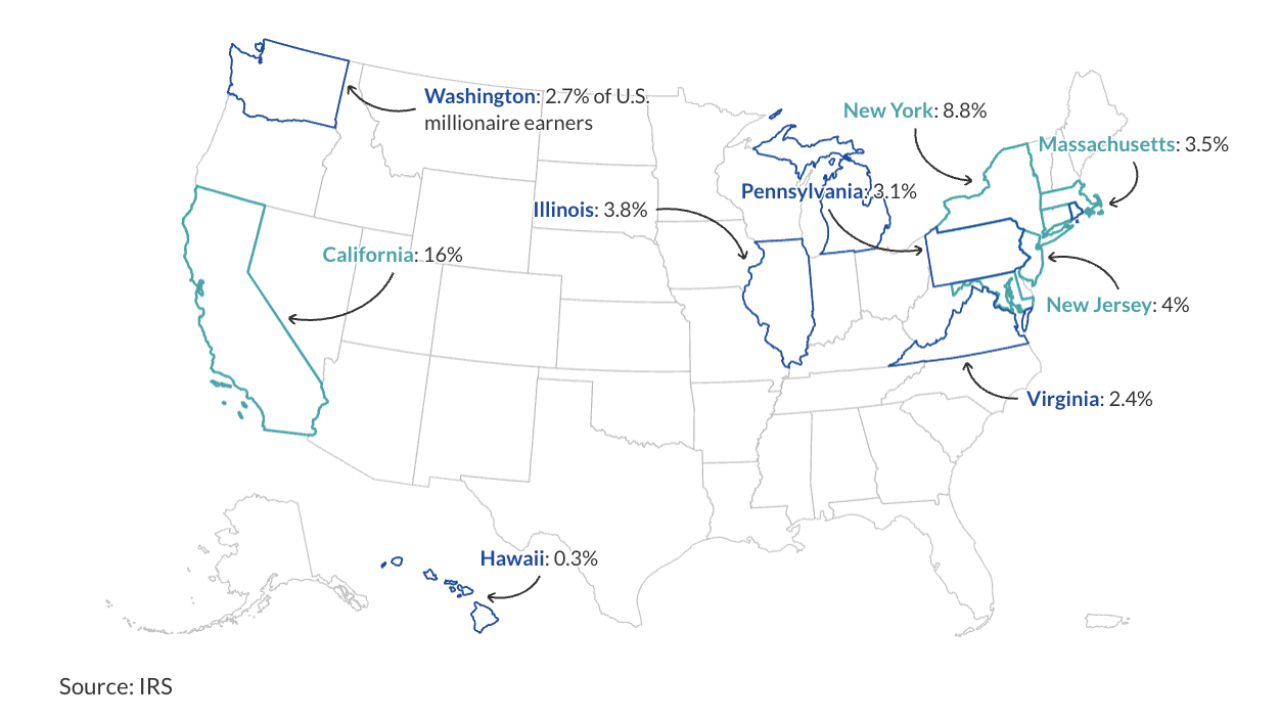(Bloomberg) -- The world of ETFs has sent up another signal that European investors are growing more risk averse than their peers in the U.S.
While investors piled $4.4 billion into U.S.- domiciled ETFs that track emerging-market stocks since the beginning of the year, they pulled $244 million from similar funds in Europe, according to data compiled by Bloomberg. The trend is the opposite for gold ETFs, perceived as a haven from tumultuous currency and equity markets, where the four most popular funds are all based in Europe.
The divergent cross-Atlantic preferences shows Europeans are "more risk averse than global peers," analysts at BlackRock including Patrick Mattar said in an e-mailed note. That was as true for BlackRock as smaller rivals: in January money drained out of its developing stock funds in Europe, belying inflows to lookalike funds elsewhere.
Traders in Europe are taking cover amid a host of new threats to the stability of the single market. As Britain gets ready to formally leave the European Union, anti-establishment candidates are gaining traction ahead of elections in France, Germany and the Netherlands. Added to all of that are renewed concerns that Greece is running out of time to complete yet another review of its bailout program.
BlackRock also identified the following trends:
Flows to BlackRock’s European-domiciled equity funds surpassed those to fixed income for the fourth month in a row, amassing $6.8 billion Broad U.S. and European equities exposures saw the biggest inflows within developed stock funds Gold funds domiciled in Europe attracted $400 million in January, while global funds lost $700 million Japanese equity funds drew $10.7 billion, mostly from the central bank, which has been buying domestic ETFs since the start of 2013.





